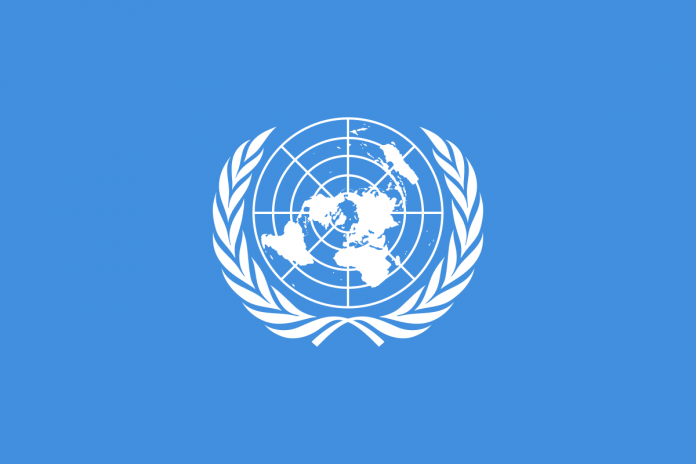The United Nations Committee on Enforced Disappearances (CED) has expressed deep concern over Sri Lanka’s minimal progress in addressing the complex legacy of enforced disappearances, highlighting significant gaps in accountability, investigation, and forensic capacity.
The findings, released following the Committee’s review of Sri Lanka’s implementation of the International Convention for the Protection of All Persons from Enforced Disappearance, underscore the persistent impunity surrounding unresolved cases dating back to the country’s armed conflict.
According to the Committee, the Office on Missing Persons (OMP) has successfully traced only 23 individuals out of 16,966 registered cases. This stark figure illustrates a systemic failure in investigating and prosecuting enforced disappearances and reflects a broader climate of impunity. The Committee stressed the urgent need for a comprehensive and up-to-date register of disappeared persons, along with a strengthened mandate for the OMP to ensure accountability across all cases.
The review also highlighted legislative gaps, urging the Sri Lankan Government to incorporate war crimes and crimes against humanity into domestic law and to expedite the establishment of an independent Office of the Public Prosecutor. Such measures, the Committee notes, are essential for bolstering judicial mechanisms and ensuring that perpetrators face consequences.
A particularly alarming aspect of the report pertains to the discovery of at least 17 mass graves across Sri Lanka. The Committee observed that limited forensic capacity and the absence of centralized ante-mortem and post-mortem databases severely hinder proper investigation. Recommendations include developing a national genetic database and enhancing forensic capabilities across competent authorities to locate, identify, and safeguard human remains, ensuring their dignified return to families.
The Committee’s findings are likely to intensify international scrutiny of Sri Lanka’s human rights record. They signal that continued inaction could undermine the country’s global standing and affect its diplomatic relations and access to international support. Moreover, the report emphasizes the critical role of sustained international engagement, including technical and financial assistance from UN bodies, in strengthening domestic institutions to address the legacy of enforced disappearances.
CED’s observations follow a session in Geneva reviewing Sri Lanka alongside other State parties, reflecting the global community’s growing impatience with protracted delays in accountability. Analysts suggest that the Government must balance political sensitivities with international obligations to achieve meaningful progress, restore public trust, and reconcile with families of the disappeared.
